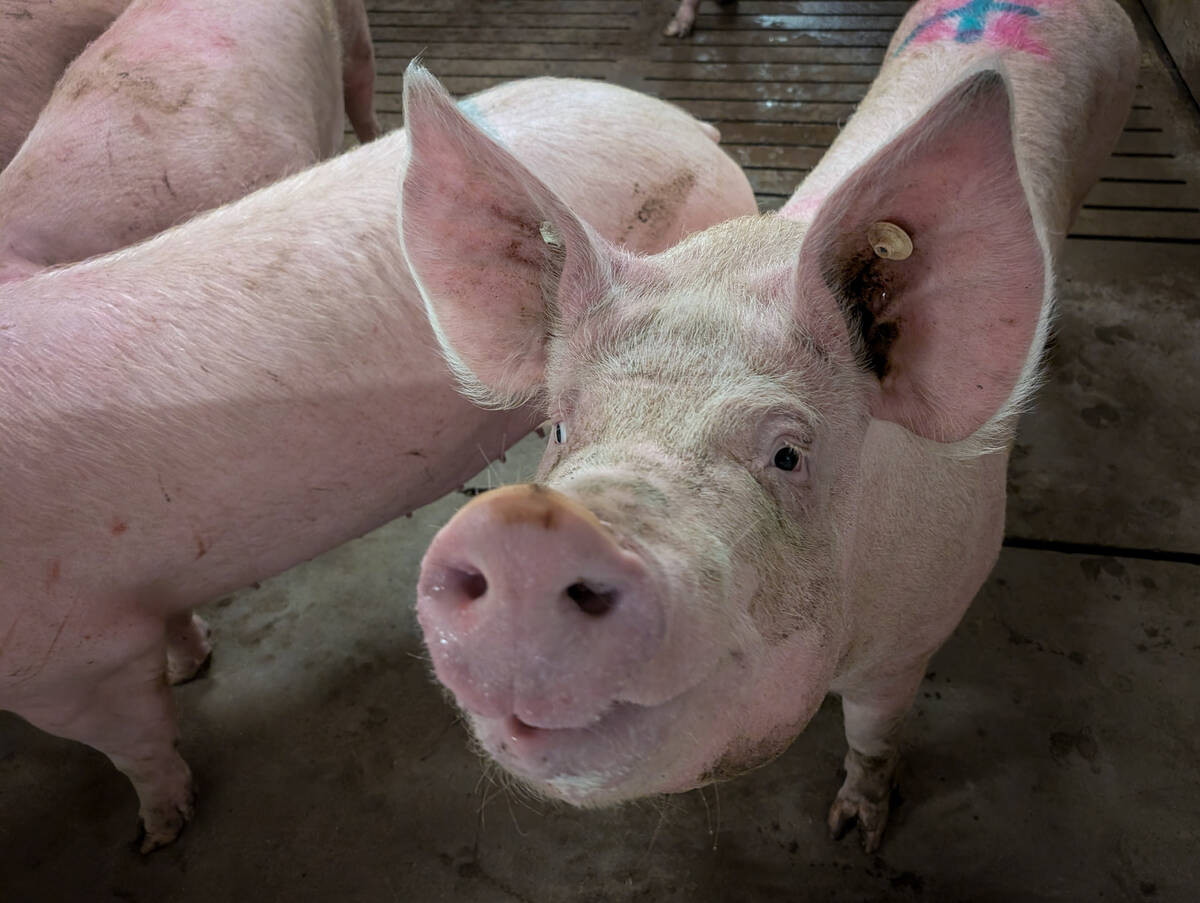Chicago | Reuters—Chicago soybean futures fell on Tuesday, a day after hitting a seven-week high, under pressure from weak demand from top buyer China amid an escalating trade war and Brazil’s bumper soybean harvest.
Corn futures ticked lower on lackluster demand, though an export sale of U.S. corn to Portugal on Tuesday morning helped support prices. Wheat futures edged lower for a second day after weather forecasts predicted better growing conditions in the U.S. wheat belt, while tensions with major trading partners continued to weigh heavily on the market.
Read Also

Spain detects first swine fever cases outside initial Barcelona outbreak zone
Two African swine fever cases have been detected in Spain among wild boar for the first time outside an original outbreak area near Barcelona, prompting additional restrictions on the movement of people and livestock, regional authorities in Catalonia said on Friday.
“Demand is just not there. I think buyers are just waiting for a new crop to come along from other nations and choosing not to buy from the U.S.,” Tom Fritz, broker at EFG Group, said. Fritz noted that the White House’s sweeping tariffs on major trading partners have given foreign buyers little incentive to purchase U.S. products.
All three crops were supported by a weak dollar, which makes U.S. farm goods cheaper for overseas buyers. The U.S. dollar index .DXY is sitting near three-year lows after U.S. President Donald Trump’s tariff policies shook global markets.
The most-active soybeans on the Chicago Board of Trade settled down 5-3/4 cents at $10.36 per bushel.
Wheat Wv1 settled down 5-1/2 cents to $5.42 per bushel while corn Cv1settled down 3-3/4 cents to $4.81-1/4 per bushel.
Weather forecasts predicted much-needed rain next week in the U.S. Plains, as well as in cropping regions in France and Germany.
“The rain on the way is exactly what the doctor ordered,” Fritz said.
The USDA in a weekly crop progress report on Monday rated 47 per cent of the U.S. winter wheat crop in good to excellent condition, down from 48 per cent a week earlier, while the agency reported spring planting of corn and soybeans was in the beginning stages.
—Additional reporting by Peter Hobson in Canberra and Sybille de La Hamaide in Paris














